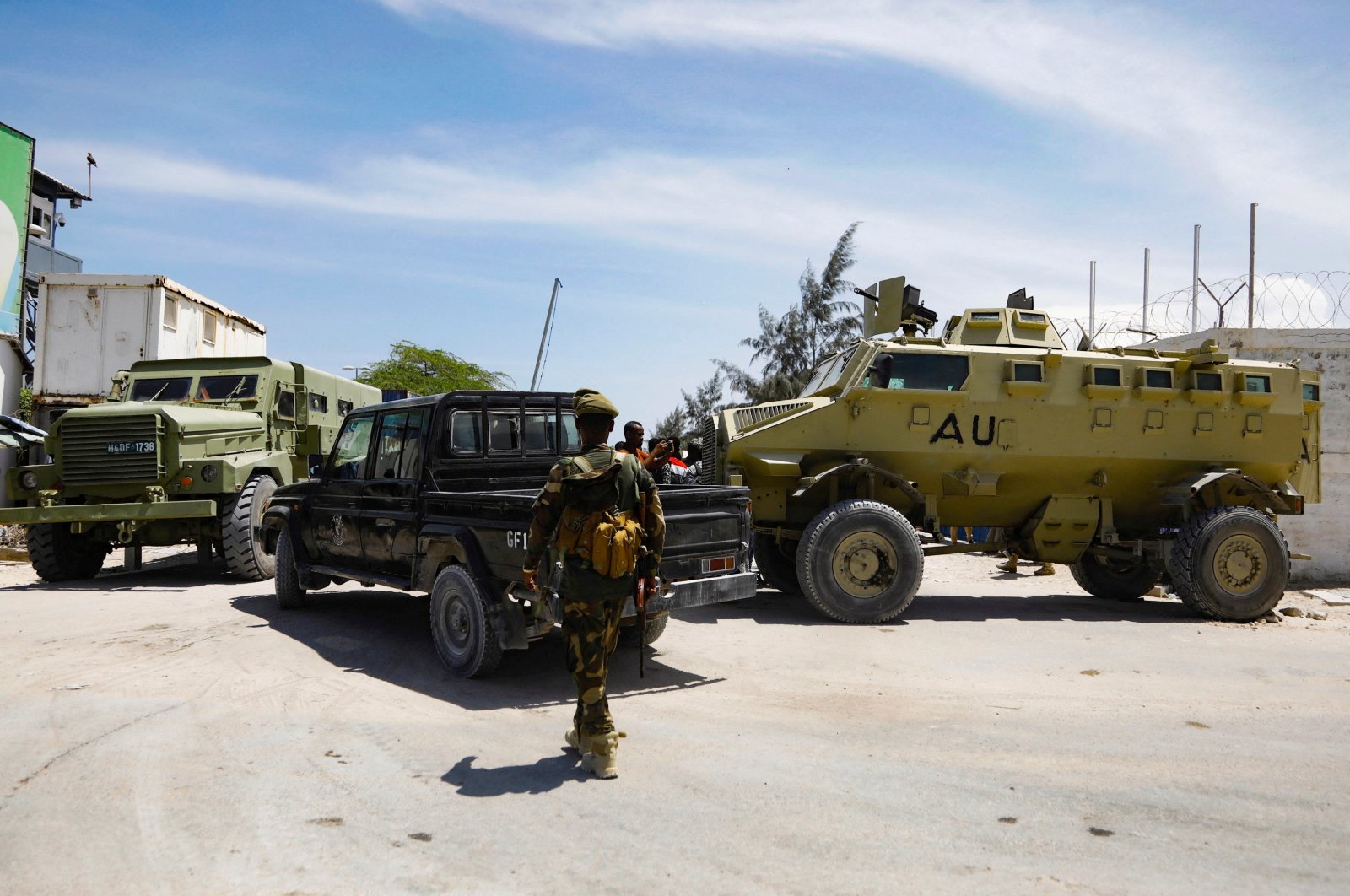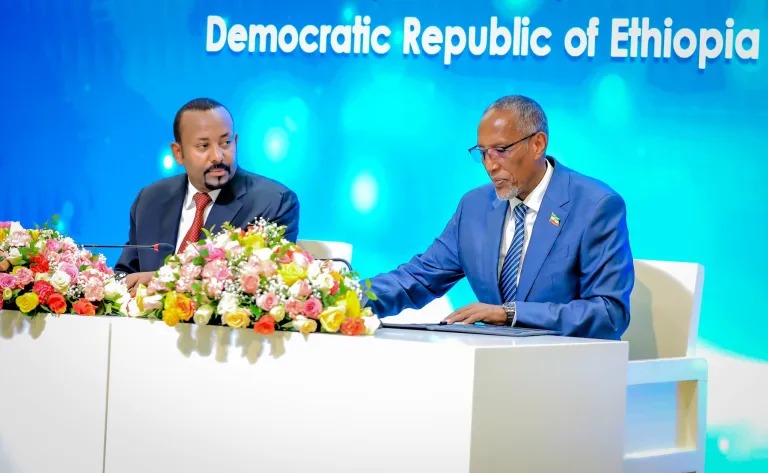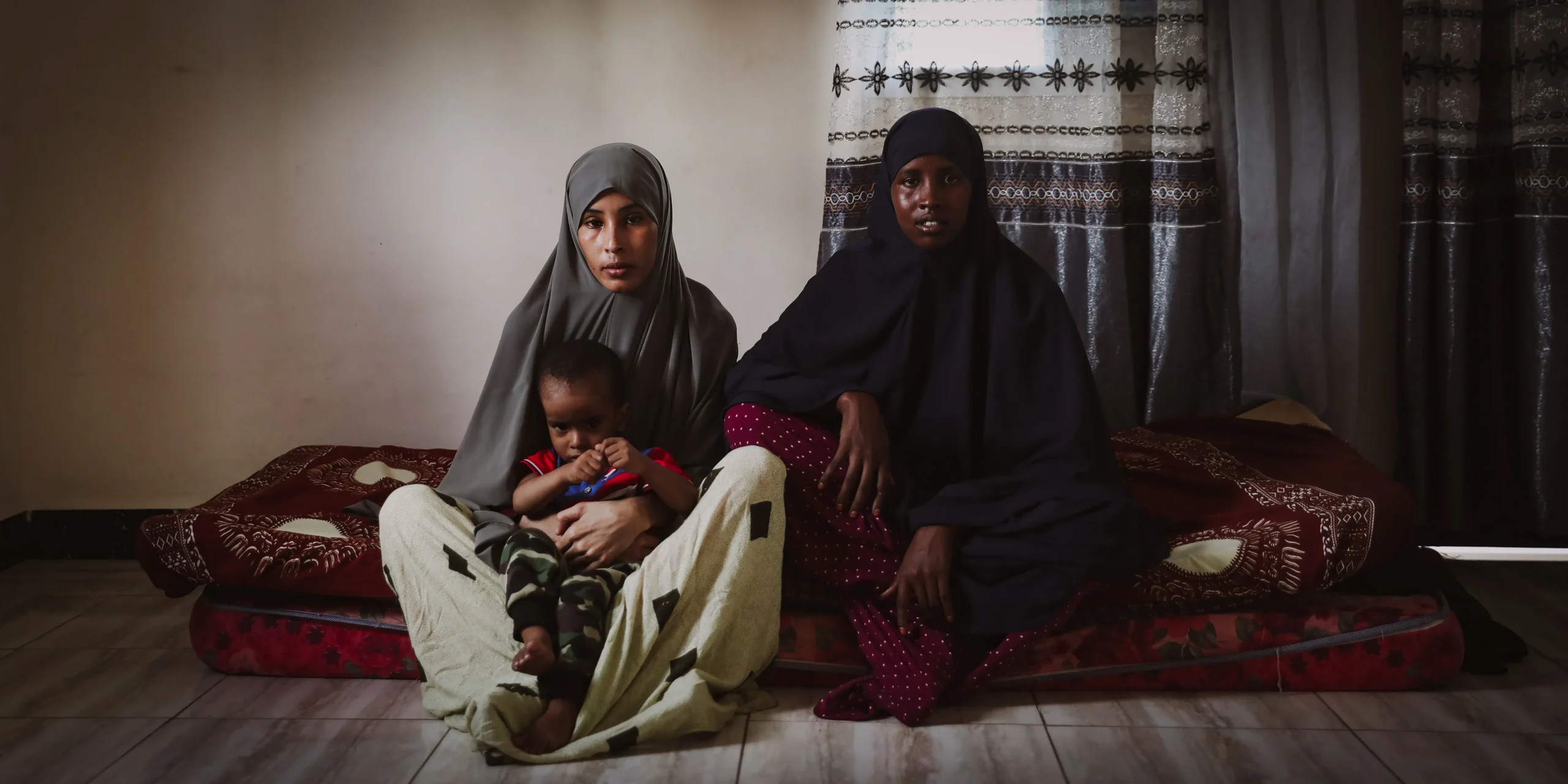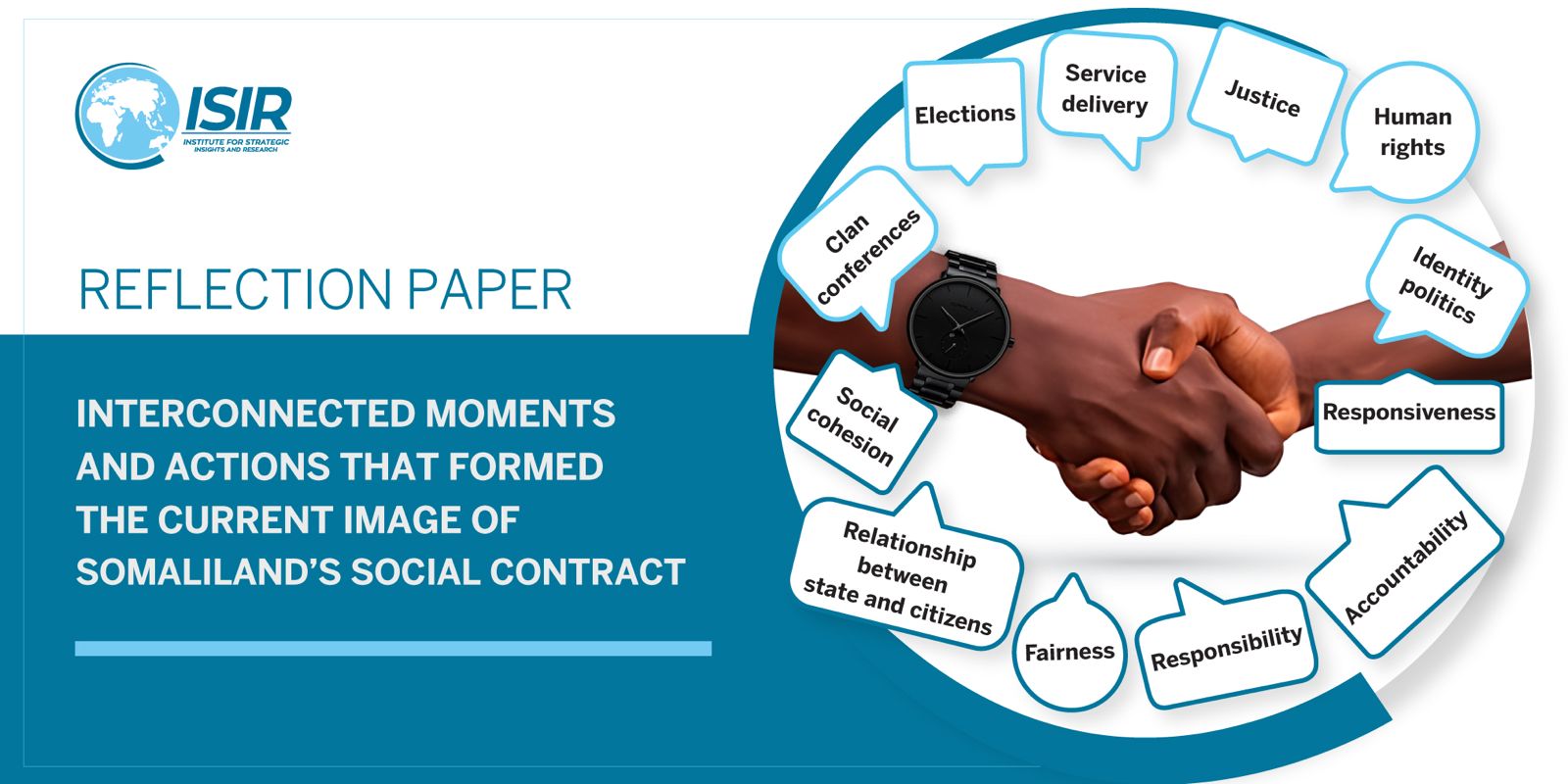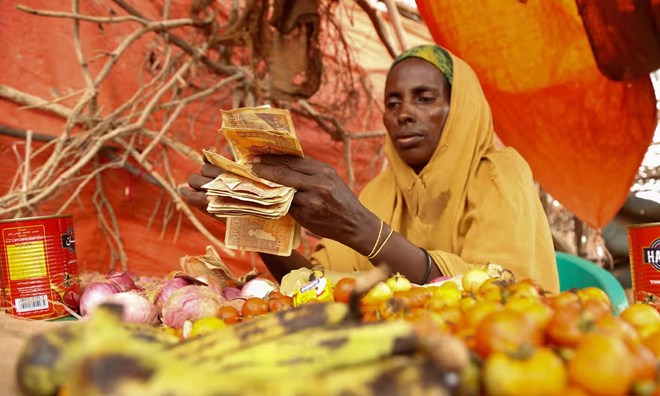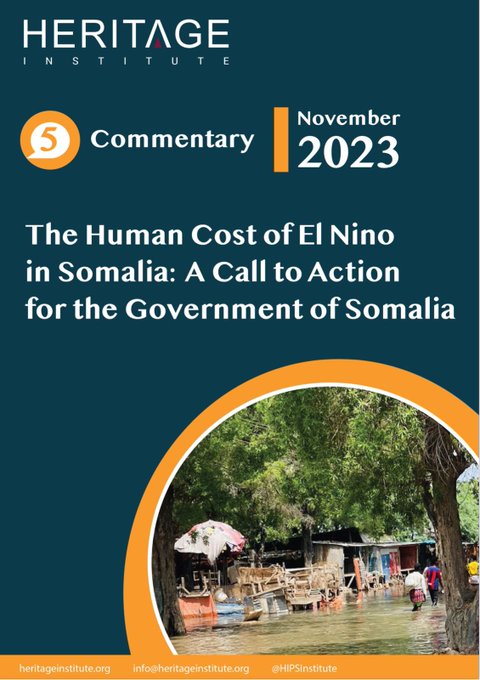Somalia has been in political, security, and state turmoil for the last three decades resulting in the collapse of the country’s institutions, political unrest, terrorism, endless clan conflict, and power struggles between political elites. Oligarchs have made Somalia one of the least developed, most corrupt and poorest nation in the entire globe.
This dysfunctional governance has enabled systematic corruption, so it is not surprising to see Somalia at the bottom of the corruption index for consecutive years. In this short article we will not debate why and how Somalia’s state institutions failed. Instead, by reviewing the existing literature we will dissect several issues including the state of corruption in Somalia, how it impacts Somalia’s development and economic growth, evaluate how this systematic corruption leads to dysfunctional politics, and how the country’s rent seeking political elites normalize kleptocracy and corruption for their personal gain. What drives Somalia’s systematic corruption? How have rent seeking oligarchs in Somalia normalized corruption? And what is the way forward?
Unlike many other global cases, when talking about kleptocracy and corruption in Somalia one must underline that we are talking about a systemic problem that has been going for the last thirty to forty years; a large scale problem that contributed to Somalia’s dysfunctional politics and nurtured oligarchs and elites who profit from the collapse of the nation’s institutions. It is a political problem that has placed Somalia at the bottom of global corruption index. Some anatomy have described this trend as “logical recourse for individuals to survive and prosper”.
Corruption has become widespread in both the public and private sectors and is often facilitated by politically connected oligarchs who enjoy impunity and thereby normalize the problem at every level of Somali institutions. The misuse of public offices to further clan interests and personal influence, the large-scale corruption in the justice system that enables gross human right abuses, failure to deliver essentials including health, education, water services, theft of international aid intended for poor and displaced people are just a few of the wider impact of this institutionalized problem. Somalia’s economy largely depends on agriculture, which contributes almost 60% of the country’s economy, employing roughly 60 % of the labor force.
Despite being such a mainstay of the country’s economy, the agricultural sector is controlled by a few rich oligarchs who run the entire sector without state regulation, leading to corruption and resource misuse. According to worldwide indicators that assess national performance in the areas of governance, political stability, accountability, regulatory quality, rule of law and control of corruption, Somalia scored the lowest in every indicator in the last fifteen years. Successive Somali governments have not made any tangible progress in tackling this problem.
Though there are many forms of venality and corruption in kleptocratic states, like Somalia, political and business corruption have been the epicenter of this institutionalized exploitation. An enormous amount of public funds has been embezzled by public officials throughout the years. A few years back the local and international media reported that nearly 80% of the transactions in the Central Bank were made by individuals. Unfortunately, these state funds have been used by public bureaucrats to further their personal wealth and political influence. The international news outlets have also reported the mass corruption during the 2012 and 2017 elections where politicians and presidential candidates lavished money on clan elders and parliamentarians to secure their votes for favorite MPs, an issue that is going on today. The rampant corruption also effects many business owners who must bribe rent seeking bureaucrats to avoid state regulations, secure contracts without fair competition, avoid taxes, and seek dominance in the market. This has created a monopoly landscape where a few companies and individuals control the entire market system, further exacerbating the society’s economic inequalities. Though the international community has spent billions of dollars on Somalia’s state and economic development, half of the population still lives below the poverty line. Large amounts of these resources have either “disappeared” or are fraudulently exploited by a few connected people. These pervasive corruption predisposes government institutions to fail to deliver basic needs such as education, clean water and a functional public health infrastructure.
In order to confront this systemic problem, Somalia must develop laws and policies that are specifically designed to curb kleptocracy, corruption and the theft of public funds. These anti-corruption, good governance policies must be prioritized in our public discourse in order to engender a viable transparency and accountability agenda. To wrap it up, let’s go back to our primary question, is Somalia kleptocratic state? In some sense, the answer is ‘yes’, considering the evidence of rife corruption in politics, business and every other aspect of Somalia public life. Somalia has every characteristic of a kleptocratic nation state including the use of public resources for the benefit of individual or very few groups. Confronting corruption in fragile states like Somalia that are struggling economically and politically is harder than one might think. But still there is hope, as the current government has succeeded in establishing an Anti-Corruption Commission and passed anti-corruption laws, but there is still a long way to go. Even though the country is grappling with fundamental problems including the fight against terrorism and stalled democratization process, confronting corruption should remain the main priority.
Works cited in this essay
1Act C, Zealand N, Ri U, et al. Research Commons at the University of Waikato Copyright Statement : 1994;1994.
Ronan BK. Somalia : Overview of corruption and anti- corruption. Published online 2017.
Chêne M. Overview of corruption and anti-corruption in Somalia. U4. 2012;(July).
Acemoglu D, Robinson JA. a Lfred M Arshall L Ecture Kleptocracy and Divide-and-Rule : 2(May 2004):162-192.
By Mahboub Mohamed
Email: mahbubabdillahi@gmail.com
Categories: Opinion








